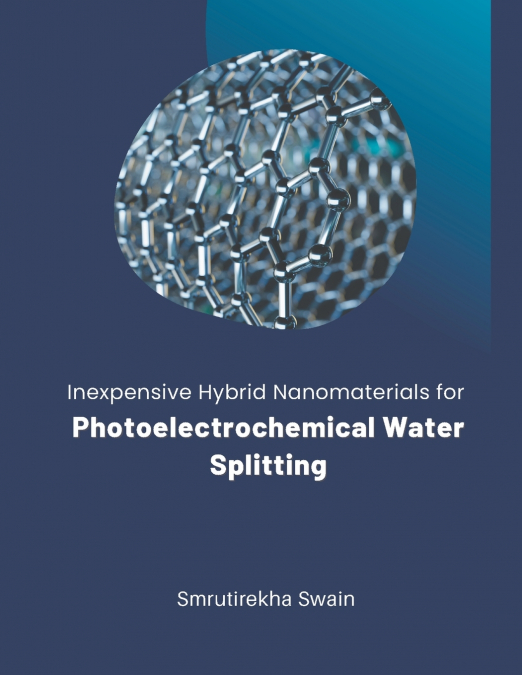
 Librería Perelló (Valencia)
Librería Perelló (Valencia)
 Librería Aciertas (Toledo)
Librería Aciertas (Toledo)
 El AlmaZen del Alquimista (Sevilla)
El AlmaZen del Alquimista (Sevilla)
 Librería Elías (Asturias)
Librería Elías (Asturias)
 Librería Kolima (Madrid)
Librería Kolima (Madrid)
 Donde los libros
Donde los libros
 Librería Proteo (Málaga)
Librería Proteo (Málaga)
In 'Inexpensive Hybrid Nanomaterials for Photoelectrochemical Water Splitting,' Smrutirekha Swain explores the exciting field of nanotechnology and its applications in photoelectrochemical water splitting. This book provides a comprehensive overview of various types of hybrid nanomaterials that can be synthesized at low cost and their potential for use in water splitting.The book begins with an introduction to the principles of photoelectrochemical water splitting and its importance as a renewable energy source. Swain then delves into the synthesis of hybrid nanomaterials, discussing various methods such as sol-gel, hydrothermal, and electrochemical techniques. The author also provides detailed information on the characterization of nanomaterials using techniques such as XRD, SEM, TEM, and UV-Vis spectroscopy.The book then moves on to the applications of hybrid nanomaterials in photoelectrochemical water splitting. Swain discusses the factors affecting the efficiency of water splitting using nanomaterials, such as bandgap engineering, surface modification, and heterojunction formation. The author also presents case studies on the use of various types of hybrid nanomaterials such as TiO2, ZnO, Fe2O3, and Cu2O, among others.Overall, 'Inexpensive Hybrid Nanomaterials for Photoelectrochemical Water Splitting' is an informative and insightful book for researchers, scientists, and engineers working in the field of nanotechnology and renewable energy.